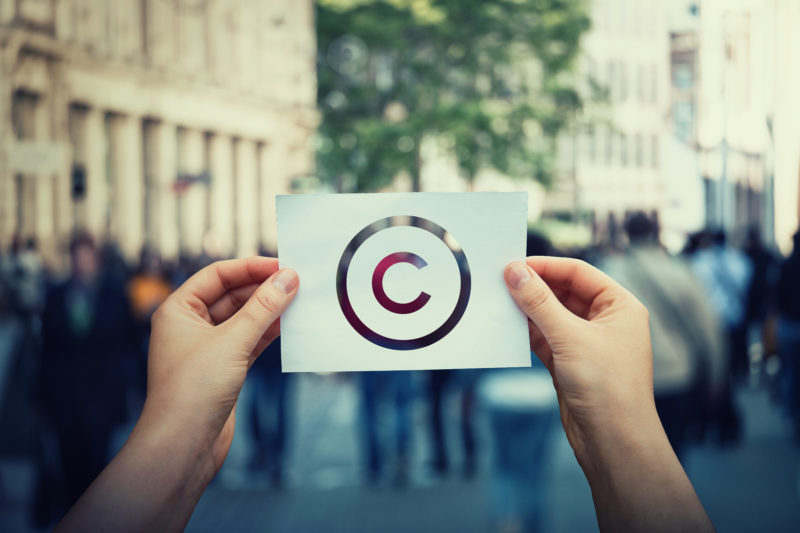The Federal Court recently released its decision in Alberta et al v Canadian Copyright Licensing Agency (Access Copyright), 2024 FC 292, in which the Court confirmed that Copyright Board-approved tariffs are voluntary for users, upheld the statutory nature of copyright law, and affirmed freedom of speech protections afforded by parliamentary privilege. Continue reading to learn more about the importance of this Federal Court decision which followed the clear path laid out by the Supreme Court of Canada in its relatively recent copyright law jurisprudence.
Background
The Plaintiffs are a consortium made up of the Ministries of Education of ten Canadian provinces and territories and each of the various school boards in Ontario. The Plaintiffs had sought a refund from the Defendant, Access Copyright, a collective society representing authors and book publishers, for substantial royalty over-payments made during the 2010-2012 tariff period during which the Plaintiffs were licensees under a Copyright Board tariff (the “Tariff”) that required the payment of royalties to Access Copyright.
The Copyright Board Tariff was first certified in 2016, but only became legally final in 2018, after the Plaintiffs’ tariff payments for 2010-2012 had already been made, and also combined the two separate proposed tariff periods of 2010-2012 and 2013-2015 into a single 2010-2015 period.
Access Copyright claimed that a refund was not owed because the Plaintiffs continued to be its licensees during the 2013-2015 tariff period, during which the Plaintiffs had not paid any royalties to Access Copyright even though they were alleged to have made compensable copies of works in its repertoire. Access Copyright also claimed that, even if it was not entitled to recover these unpaid royalties for 2013-2015, it was entitled to various equitable and common law remedies that would extinguish any tariff refund amounts owing to the Plaintiffs.
For their part, the Plaintiffs maintained that they had properly opted out of the Board’s certified tariff for the 2013-2015 period following the fair dealing amendments made to the Copyright Act in 2012, which had provided exceptions for educational purposes, as well as a result of an earlier Supreme Court decision in 2012 that had expanded the scope of the fair dealing right in educational institutions.
Federal Court Decision
The Court ultimately decided that the Plaintiffs were not statutory licensees during the 2013-2015 tariff period, thus affirming that licenses obtainable under the Copyright Act’s tariff regime are strictly voluntary, and that a potential licensee must willingly choose to opt-in to the scheme, as is supported by the Supreme Court’s respective 2015 and 2021 decisions in CBC v SODRAC and York University v Access Copyright.
Moreover, despite the fact that the certified Tariff covered six years between 2010-2015, the Plaintiffs’ payments for 2010-2012 did not make them licensees for the 2013-2015 period as the tariff only became final in 2018 following a judicial review application brought by Access Copyright before the Federal Court of Appeal. Accordingly, the Plaintiffs could not have become licensees before 2018 because, before that date, they would have had no way of knowing what the tariff’s final certified rates and terms would be.
In reaching this decision, the Court rejected Access Copyright’s arguments that the Plaintiffs’ prior conduct constituted an offer to pay. In fact, much of the Plaintiffs’ conduct clearly contradicted any assertion that they had ever offered to pay royalties during the period of 2013-2015, such as by refusing to pay invoices for licenses sent to them by Access Copyright and by the unambiguous terms of the letter sent from their legal counsel to Access Copyright which stated that the Plaintiffs chose not to operate under the Tariff as of January 1, 2013.
The Court also rejected Access Copyright’s attempts to rely upon statements made by the Plaintiffs before various parliamentary committees as evidence of an offer to pay for the simple reason that such testimony is subject to parliamentary privilege.
In addition, the Court determined that the Plaintiffs were not liable in equity, or otherwise, to pay Access Copyright an amount equivalent to the royalties that would otherwise have been payable under the Tariff for 2013-2015. In doing so, the Court upheld the longstanding principle that copyright law is purely a creature of statute. As the Copyright Act did not make equitable remedies available in the circumstances of this case, the Court similarly did not have the power to award the remedies sought by Access Copyright.
The Court even went so far as to state that granting Access Copyright the equitable remedies it sought would “turn the copyright regime on its head” by transforming voluntary statutory licences into mandatory ones. It also noted that it would be unfair to award Access Copyright any money for compensable copying because there was no definitive evidence that any such copying had, in fact, occurred, and because the ultimate rights owners — Access Copyright’s affiliates — were not parties to the legal action.
Finally, the Court determined that Access Copyright was not entitled to retain the Plaintiffs’ tariff overpayments during the 2010-2012 tariff period due to equitable set-off, which is the process whereby two mutual claims for money are set-off against each other to produce a balance before any party is called upon to execute its obligation. Access Copyright’s cross-claim for the purpose of set-off was therefore dismissed.
Conclusion
Access Copyright did not appeal the Court’s decision.
The Court’s confirmation that Copyright Board tariffs are strictly voluntary complements fair dealing protections for educational institutions. While in this case, the evidence of the Plaintiffs’ making of compensable copies of works within Access Copyright’s repertoire was entirely lacking, the scope of the fair dealing right depends, in each situation, on an analysis of the applicable facts. Users seeking to rely on the fair dealing right set out in the Copyright Act should therefore proceed with due care. Finally, the Court’s refusal to award remedies beyond those specifically identified in the Copyright Act makes it clear that creators, rights holders, and collective societies must carefully structure their licencing agreements with users to ensure that, if need be, they can have access to the exclusive statutory remedies available under the Copyright Act.





